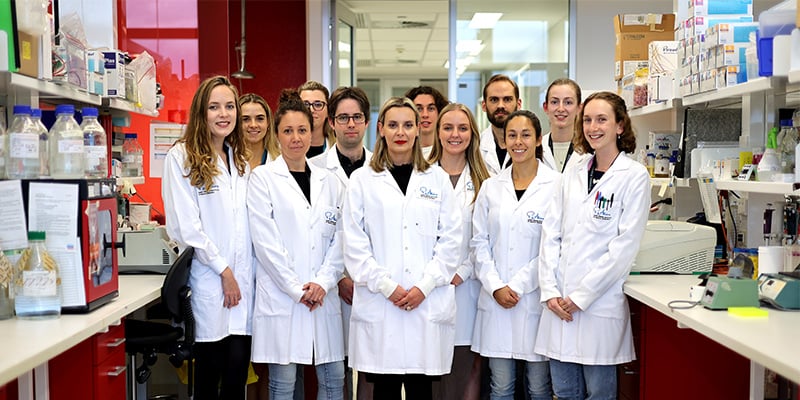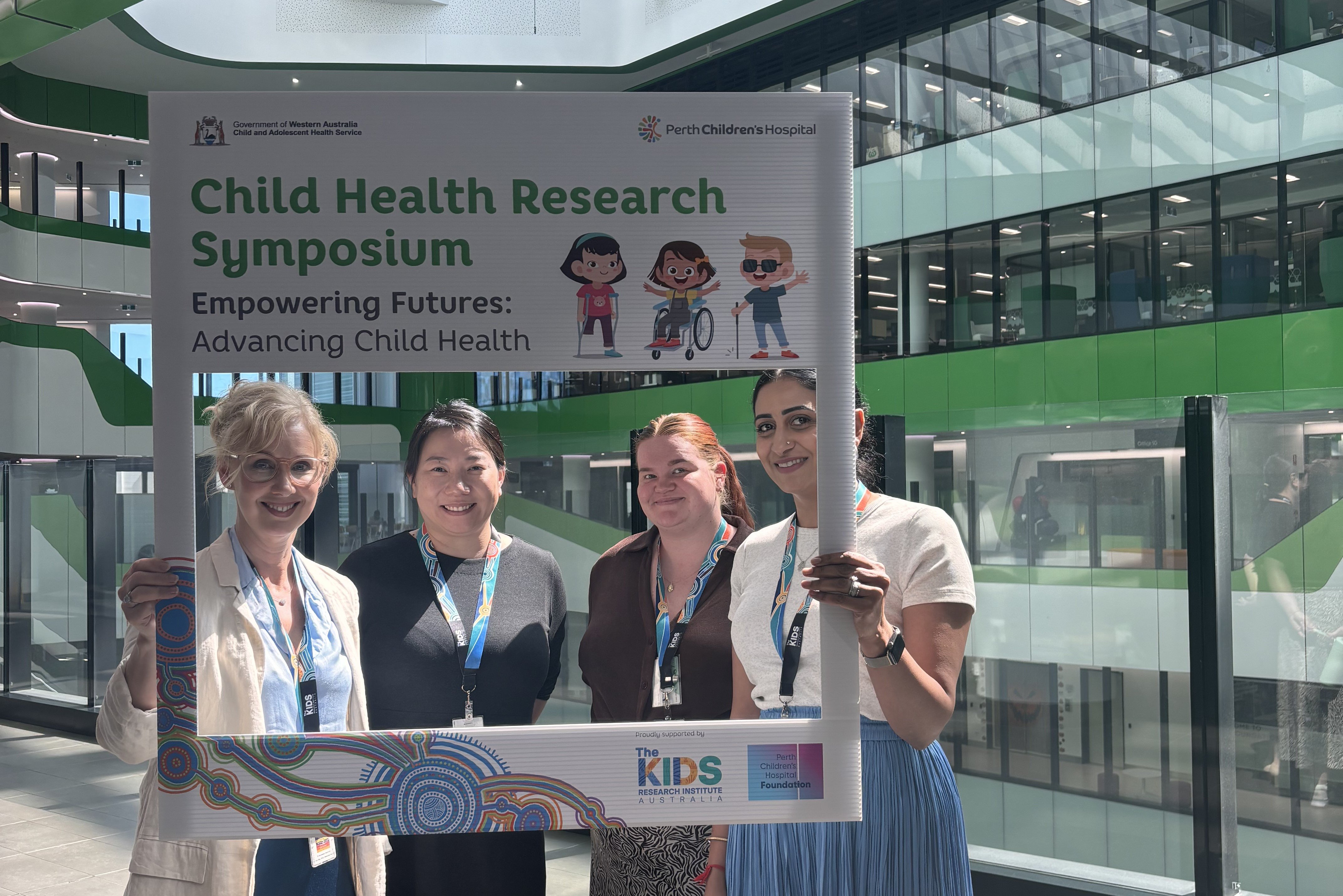Search
Showing results for "clinical trials"

News & Events
Leading autism researcher named The Kids new Deputy Director (Research)Professor Andrew Whitehouse, the Angela Wright Bennett Professor of Autism Research and CliniKids Director, has been appointed Deputy Director (Research) at The Kids Research Institute Australia.

News & Events
Prestigious fellowship for pioneering researcherAleksandra Filipovska has been elected a Fellow of the Australian Academy of Health and Medical Sciences.
Research
Comparing and combining the effects of low dose ultraviolet and physical activityShelley Prue Gorman Hart BSc (Hons) PhD BSc (Hons) MSc PhD Honorary Research Associate Honorary Research Fellow shelley.gorman@thekids.org.au

News & Events
Meet the Researcher: Hannah MooreAfter 20 years at the Institute, Hannah’s career has been a whirlwind of discovery and dedication.
Research
NutritionThe science that interprets the way nutrients and other substances in food affect maintenance, growth, reproduction, health and disease.

News & Events
The Kids respiratory, anaesthesia and mental health researchers secure vital fundingThe Kids Research Institute Australia researchers have been awarded $5.3 million in prestigious Investigator Grants from the National Health and Medical Research Council
Research
Western Australian children with acute lymphoblastic leukemia are taller at diagnosis than unaffected children of the same age and sexAcute lymphoblastic leukemia (ALL) is the commonest childhood malignancy in Australian children
Research
A pathogenic role for the integrin CD103 in experimental allergic airways diseaseRole for CD103 in the pathogenesis of experimental allergic airways disease in BALB/c mice through local control of CD4+ T cell and DC subset recruitment

News & Events
ORIGINS Features at The CAHS SymposiumORIGINS featured heavily at this years Child and Adolescent Health Services (CAHS) Symposium, with presentations from our Co-Director, Professor Desiree Silva, and ORIGINS Data Manager, Dr Sarah Whalan.
Research
Characterization of regulatory dendritic cells differentiated from the bone marrow of UV-irradiated miceIn summary, UV-BMDCs do not express the classical phenotypic or gene expression properties of DCs reported by others as 'regulatory' or 'tolerogenic'.
